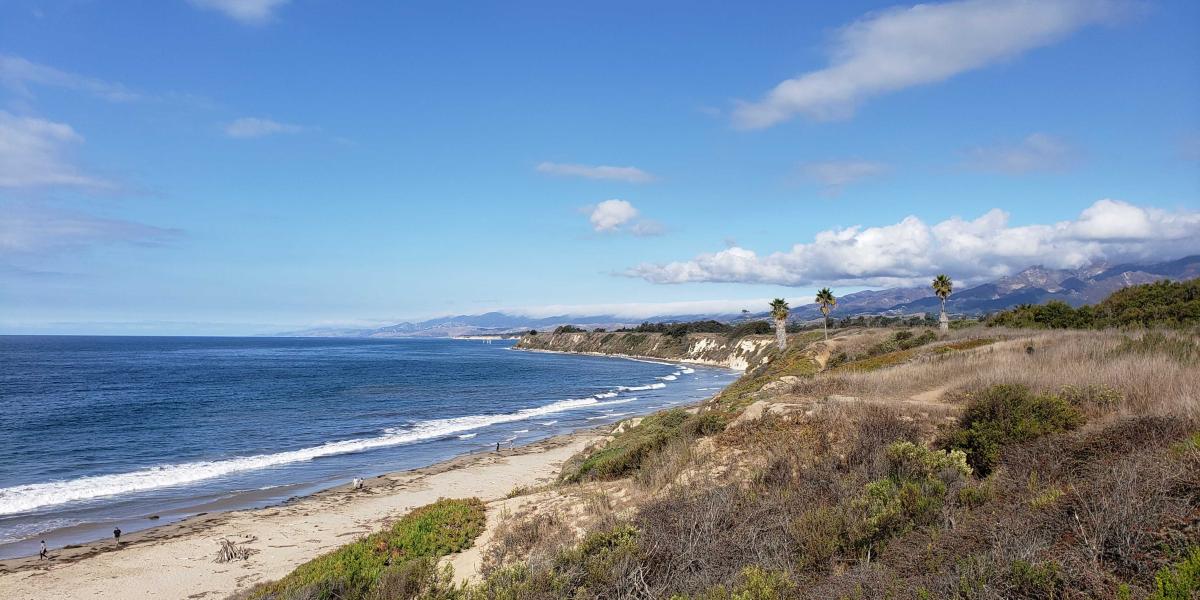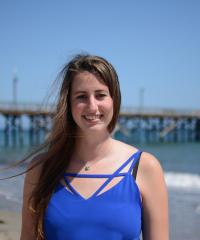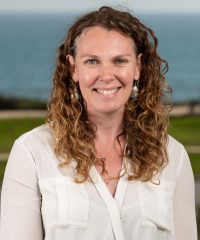
emLab was officially launched just over a year ago and 2019 was an exciting year that brought big new ideas, partnerships, and perspectives into our community. This blog marks our 27th “Our 2 Cents” post, where we highlight many of the research themes and ideas that serve as the innovation engine of emLab. We have an incredible team of PIs, researchers, postdocs, project managers, and students who work with partners to translate this research into action.
Over the past year, we welcomed 8 new team members into the emLab community and hosted 15 visiting scholars and speakers from around the world. Our team worked with a wide array of incredible partners to tackle pressing research questions and design solutions for fisheries and oceans, land and freshwater, and climate and energy. This year, our team worked on 24 projects across these domains, and published 34 peer-reviewed papers. Some of the highlights included:
- Working with the World Trade Organization (WTO) and the Pew Charitable Trusts to help design and evaluate sweeping policies to remove harmful fishery subsidies in the world’s fishing fleets. To aid in the subsidy negotiations, our team developed an online ‘SubsidyExplorer’ tool for WTO countries to explore different subsidy-removal policies.
- Evaluating the environmental justice implications of California’s pioneering cap-and-trade policy and the broader equity consequences of California’s clean energy transition. Both efforts will help design climate policies that avoid harmful effects on marginalized communities.
- Exploring how California can meet its climate change goals while promoting resilient landscapes in partnership with The Nature Conservancy. As fire season broke out, our team was compiling California fire data back to 1979 and modeling the potential for avoiding costs of wildfires in California through development pattern changes.
- Launching two ‘Blue Papers’ on the future of food from the sea and the expected impacts of climate change on the ocean economy for the High Level Panel for a Sustainable Ocean Economy at the FAO International Symposium on Fisheries Sustainability and COP25, respectively.
- Collaborating with the Cape Town municipal government to explore approaches to delivering electricity to poor households that lower delivery and enforcement costs, and give households control over when and how much they pay for electricity. New technologies and new strategies around pricing has the potential to increase equity in electricity access and use in the developing world.
As we have expanded our team and taken on a diversity of new projects, we have been working over the past year to think critically about the impact we want to have on the world and how to deliver that impact through our community. Throughout the year, we have a wide range of community events, the largest of which is the Occasional Workshop in Environmental and Resource Economics. This year we hosted the 18th annual Occasional, which brought together some of the best minds in this field in a relaxed atmosphere. The papers and discussions were first rate, and the graduate student egg-timer presentations highlighted the next generation of important research questions.
We also engaged in a strategic planning process that highlighted that one of the central emLab tenets is embracing an open, generous, and collaborative approach to research. Leveraging the diverse expertise of our team across projects and ensuring data and methods are transparent and easily accessible is integral to this approach. While there is no perfect statistic to encompass all of the amazing data science work our team did, in 2019 we wrote millions of lines of code and pushed thousands of commits to GitHub. We also hosted our first team wide “hackathon.” Using our newly developed emLab Standard Operating Procedure, our team set out to centralize and document all emLab data. This end result will help improve internal data access, facilitate data exploration, and improve knowledge transfer between projects. The benefits of the hackathon were evident within the first few hours, with team members discovering that a dataset they needed to develop had already curated in a previous project.
As we look ahead to 2020, we are excited to continue expanding the diversity of expertise and perspectives in our community and bringing an attitude of ambitious possibility to deliver market-based solutions to the world’s most pressing challenges.




